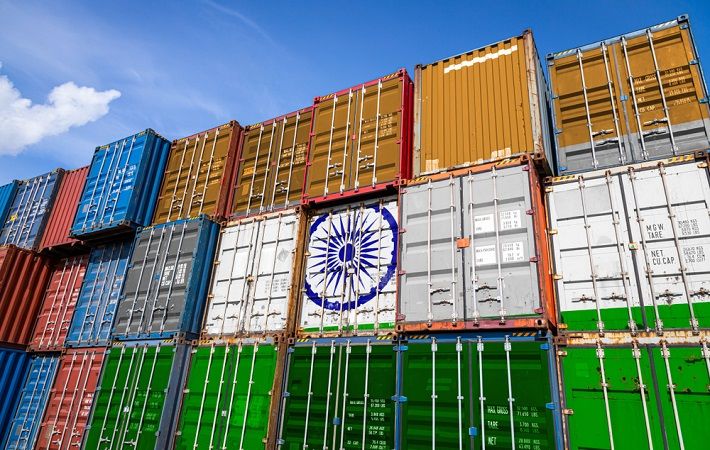
Moreover, UAE can also prove to be a gateway for Indian exporters to access the vast African market.
Raja M Shanmugham, president of Tiruppur Exporters Association (TEA), said that currently countries like Bangladesh and Pakistan get facility of free trade in UAE, whereas Indian exports attract a 5 per cent duty. India will have competitiveness with these countries after CEPA is implemented. It can increase India's textile exports by $2 billion in the next five years.
According to Shanmugham, Indian textile exports to UAE are currently worth about ₹10,000 crore, or about $1.5 billion. Therefore, Indian exports will more than double in the next five years. Competitiveness of Indian exporters will improve against the exporters from Bangladesh and Pakistan which will be the biggest advantage of this agreement. Currently, Indian products are costlier in the UAE than the products from these neighbouring countries as Indian textile products attract 5 per cent import duty.
Another advantage of this agreement for India will be indirect access to the African market. According to industry sources, at present more than 40 per cent duty is levied on exports of textile products from India to many African countries, which is why, exports from India are very limited. The UAE, on the other hand, has an agreement on duty-free trade with African countries. With the recent India-UAE agreement, Indian textile products will reach Dubai and other emirates of the UAE without duty and can further be exported to African markets. Exporters expect that the UAE will become a gateway for Indian textiles to reach African countries.
Shanmugham added that the agreement is very encouraging for the industry as it will help Indian textile exporters to cement their position in Dubai which is emerging as a major trading hub. Indian industries and brands have gained huge popularity in recent years due to better relations between India and the UAE.
Fibre2Fashion News Desk (KUL)